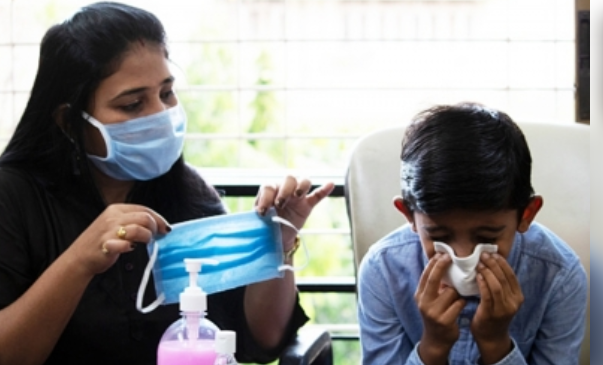Health
Study explores how common respiratory infections protected kids from Covid

New Delhi, July 2
Frequent respiratory viruses and bacteria may have boosted children’s immune systems, saving them from the worst effects of Covid-19, according to a new study.
While children are more susceptible than adults to respiratory infections such as the common cold, the deadly SARS-CoV-2 virus affected them less, resulting in lower rates of hospitalisation and death during the Covid-19 pandemic that killed millions globally.
For the study, researchers at Yale University in the US re-analysed more than 600 nasal swabs originally taken during the pandemic from pediatric patients.
They also screened the samples again for 19 different respiratory viruses and bacteria, as well as measured the levels of antiviral and inflammatory proteins produced by the innate immune system.
The results, published in the Journal of Experimental Medicine, showed that many children -- even those without any symptoms -- were infected with respiratory pathogens other than SARS-CoV-2.
This was especially true for younger children, with viruses or infection-causing bacteria being detected in around 50 per cent of asymptomatic patients under five years old, said the researchers.
The kids found with higher levels of respiratory pathogens had higher levels of nasal innate immune activity.
This was seen among both toddlers or teenagers. The study also indicates that being frequently infected with relatively benign pathogens, such as the rhinoviruses responsible for the common cold keeps their innate immune system activated.



































